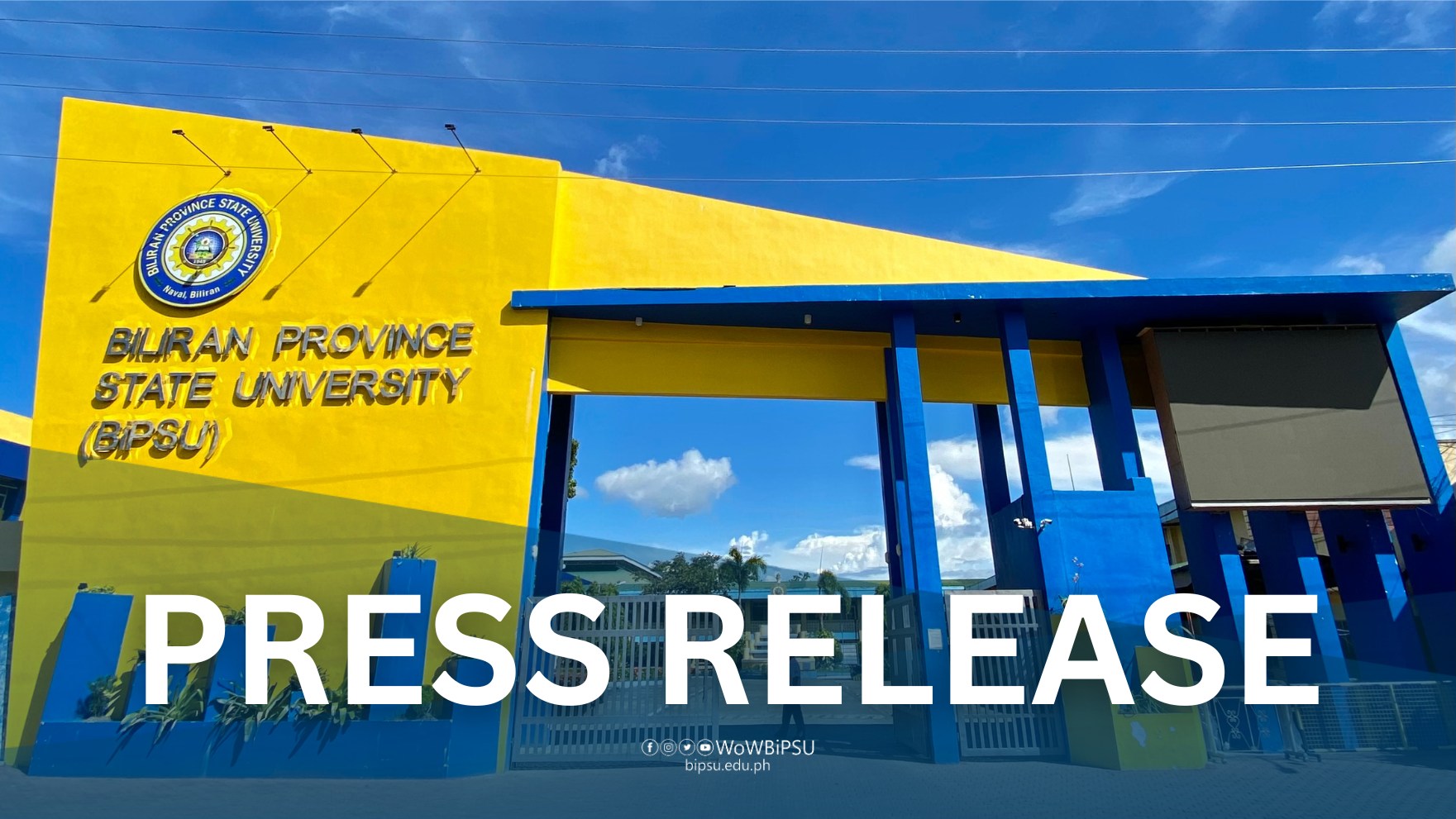The recent Heat Response Survey conducted by the University on April 3, 2024, revealed a preference for face-to-face classes among both students and faculty despite the challenges posed by the rising heat index.
This study aimed to provide insights into teaching preferences and campus initiatives amidst the rising heat index in Eastern Visayas. It underscored the importance of adapting teaching methodologies to address environmental challenges while ensuring the quality of education at BiPSU.
Content Preference…
The survey results from the virtual BiPSU Management Meeting held on April 8 revealed that 56% of students favored the Cyclical Classes Approach, which involves alternating between face-to-face sessions and online classes within a week. In contrast, 36% opted for suspending face-to-face classes and transitioning to purely online sessions, while 3% favored suspending both face-to-face classes and opting for make-up classes at a later date. Additionally, 7% preferred utilizing other platforms for learning.
Similarly, on the faculty side, 54% expressed support for the cyclical model. Following closely, 38% favored transitioning to purely online classes, while 4% preferred scheduling make-up classes at a later date, and 2% opted for other means of instruction.
Comfortability of On-Campus Learning…
All the School Deans echoed similar sentiments, emphasizing that while students acknowledged the adverse effects of the heat index, they highlighted the effectiveness of face-to-face classes compared to online alternatives.
According to reports derived from their interviews and monitoring sessions with students, many expressed a preference for on-campus learning due to the availability of various facilities within the university. In contrast, outside the school premises, some students encountered difficulties finding suitable locations for connecting to their online classes.
Online versus Face-to-Face Classes…
Despite the prevailing heat, BiPSU students emphasized the value of face-to-face interactions, highlighting the importance of direct engagement with educators for effective learning experiences. The study found that students find the face-to-face class setting conducive to learning, especially considering challenges such as unstable internet connections in online classes and lack of gadgets. Regarding the effectiveness of online classes, only 16.2% of students deemed them more effective, while 22.5% considered them less effective. However, a majority of 61.4% expressed neutrality, indicating that online and face-to-face classes are equally effective.
Heat-Related Health Issues…
The study also disclosed that 55.6% of the students reported no heat-related health issues affecting their ability to participate in classes, while 44.4% indicated experiencing such issues.
During the meeting, Dr. Victor C. Caňezo Jr.,the BiPSU President, reiterated the institution's commitment to implementing the cyclical scheduling model at the Naval Campus and full- face-to-face classes at Biliran Campus, in line with the majority’s preference and classroom availability. However, he reiterated that all laboratory classes are to be held strictly face-to-face, ensuring the integrity of practical learning experiences per pertinent CHED Memorandum Orders. The President also encouraged the conduct of full face-to-face classes for programs with Board Exams.
In response to the survey findings, BiPSU is considering various strategies to address the challenges posed by the heat index. Suggestions include potentially transitioning face-to-face classes scheduled during peak heat hours (1:00 to 4:00 PM) to evening sessions or Wednesday mornings, with decisions made on a case-by-case basis. President Canezo also emphasized the importance of faculty adopting flexible, resourceful, and proactive strategies to address classroom challenges, including utilizing alternative facilities within the university premises when necessary.
As emphasized by the University President, the school deans were entrusted with the responsibility of closely monitoring both face-to-face and online classes. Additionally, the Student Development Service Offices were directed to maintain their support for students and faculty by supplying additional water, vitamins, and medicines.
President Caňezo further encouraged both employees and students to adhere to their prescribed uniforms but allowed flexibility for them to wear comfortable yet appropriate clothing in instances where the intense heat becomes unbearable. However, for proper identification, security, and safety purposes, everyone is required to wear IDs at all times within university premises. Additionally, students must register through the turnstile for entry.
BiPSU remains dedicated to accommodating the needs of its academic community and implementing proactive measures to optimize teaching and learning processes amidst changing environmental conditions. Further, the said survey served as a valuable tool in enhancing the university initiatives to support the student community.
#WoWBiPSU
-
 2
2
-
 62
62
-
 0
0
-
 2
2
-
 0
0
-
 0
0

